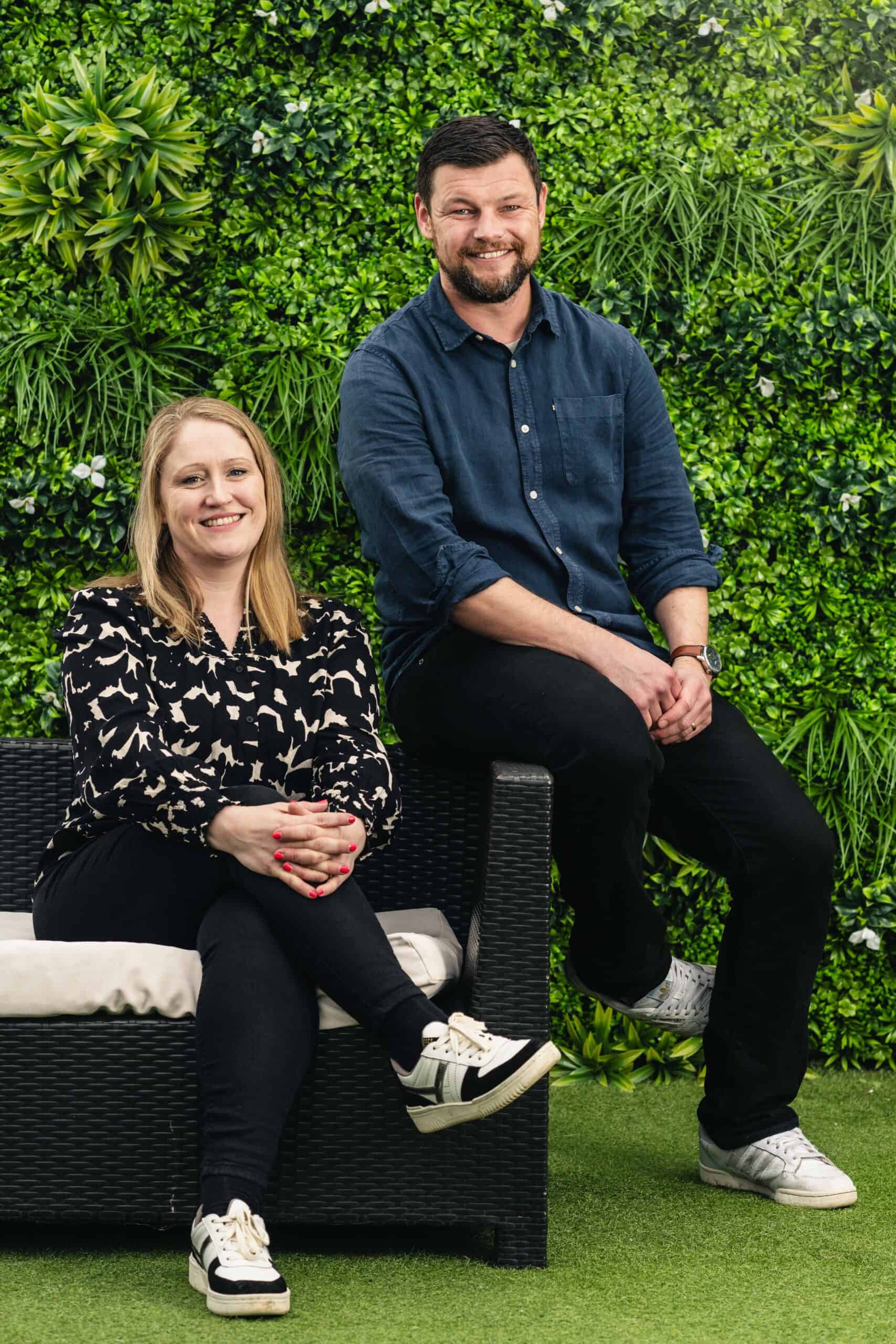The Quantified Self: FOMO or vehicle for real change?
The Quantified Self. According to Wikipedia, the official definition is “a movement to incorporate technology into data acquisition on aspects of a person’s daily life in terms of inputs (e.g. food consumed), states (e.g. mood, blood oxygen level) and performance (mental and physical).” A bit long-winded, but in essence it means self-monitoring; tapping into the data our bodies generate on a second-by-second basis to change the way we live our lives for the better.
Read any tech blog or newspaper today and you’ll find the latest gadget or gizmo promising to make us taller, slimmer, faster, and less boring. But as we relentlessly queue outside stores and excitedly await launch dates and pre-orders for the technology we’ve now come to rely on, do we really actually care about the impact that these gadgets and gizmos could have on our lives? Or so we simply want to have bragging rights to owning the latest, coolest thing?
The cynical among us might think that wearables, fitness trackers, smartwatches and the like have no real place in our lives. It’s just money we’re throwing into the wind. But you probably won’t find many millennials or digital natives sharing these opinions. These teens and young twentysomethings have been fed technology by way of digital silver spoon since birth and their appetite for tech shows no signs of stopping. According to IDTechEx, the wearable electronics market will grow from $20 billion in 2015 to almost $70 billion in 2025, with the most dominant sectors being healthcare (medical, fitness and wellness). There’s quite clearly a place for wearables, then. But I’m left wondering whether buying the latest fitness tracker is driven by the FOMO effect – fear of missing out – or if people genuinely want to self-improve.
I myself haven’t been immune to the charms of the Quantified Self movement. As an avid tennis player, my willpower was put to the test last year when racquet manufacturer Babolat launched a new connected racquet. Amusingly for my then-colleagues, I ran to the Queen’s Club and greedily grabbed one off the shelf. I was genuinely excited to learn about how I could improve my game, how fast I could serve and how I could achieve more forehand topspin. For a good few months, people at my local tennis club were asking me about my racquet, whether they could have a go, and where I bought it from. Then the novelty (and boasting, I’m ashamed to say) soon wore off as the racquet became more commonplace. Since then I haven’t actually looked at the data and applied it to my match play.
This is the main sticking point for me when it comes to wearables. It’s nice to have the latest piece of technology and it’s exciting to share what we’re learning with our friends and family as we start discovering more about ourselves. A group of ladies in the Babel office have their own Jawbone group and constantly talk to each other about step count or how long their REM sleep cycle was last night. For a minute, I want to run to Selfridges and buy one just so I can join in the conversation. Then I realise that it might be a misplaced investment.
The Quantified Self isn’t just about fitness trackers and sports equipment though. There are some really exciting technological applications that show real promise in improving patient outcomes, treating diabetes, providing preventative care, and managing mental health. This is where I think the real opportunity lies in exploring how technology can transform how we go about the day-to-day. I’m not saying that many consumers enjoy the benefits of fitness trackers and sleep apps, and make real changes to their lifestyle. From my perspective, these gadgets only really pay off if we dig into the data and make informed changes to our lives. As long as we have use and intent for the information, then these gadgets will have a place in our lives. But as soon as that need and intent wane, we’ll have more fads than useful gadgets on our dusty mantelpieces.





